Article Submission:
- Launch event: May 04, 2022
- Submission of abstracts: from May 04 to Jun 13, 2022
- Abstract approval: July 03, 2022
- Submission of complete article: August 31, 2022
- Final article approval: September 30, 2022

CODAM 2022 will run from October 26 - 28, 2022
Hybrid event, the in-person panels will take place in Quito - Ecuador
Spanish - English - Kichwa
The II Congress on Open Data and Metadata in Ecuador, Open Research Data Edition, CODAM 2022, is promoted by Datalat Foundation and the Ecuadorian Network of Open Data and Metadata (REDAM). The Congress aims to promote a space for dialogue between the Government, universities, civil society and private companies on the importance of open data and metadata, as well as the recent advances in the matter at the public policy level.
Studies and research related to open data in Science will be considered and must meet the following requirements:
Articles will be reviewed according to the following criteria:
Scientific Committee:
This Committee will be formed by the chairs of the thematic topics of the congress, which must meet requirements established by the organizing committee, including: Publications related to open data or open science, more than two years of experience in research. The congress will prioritize the participation of national chairs and respecting gender equality.
The contents of the scientific articles will be published in an indexed magazine of the Central University of Ecuador or in the Open Latitudes Magazine edited by the Datalat Foundation.
Aimed at people from 18 to 25 years from Latin America who can present infographics of projects on open data. A total of 5 infographics will be selected that meet the following conditions:
The congress looks to include presentations about advances on open data in science from around the world, a conference will be selected for each topic raised, for which organizations or research groups that have carried out projects with impact results are invited to submit a proposal.
Applications for keynote conferences can be submitted on the congress website and will be selected by the organizing committee.
The contents of the conferences will be published in the indexed magazine of the Central University of Ecuador or in the Datalat Foundation`s Open Latitudes Magazine.
The approach suggested is experimental laboratories that allow attendees to understand the functionality of tools, methodologies, and other processes around open science data or open science. Researchers and organizations are invited to submit workshop proposals on the thematic areas of the congress.
The partner organizations will also be able to propose workshops and the organizing committee will select the workshops for the main event. Each workshop should last a maximum of 105 minutes (1h45).
The contents of the hands-on workshops will be published in the final report of the event and in the indexed magazine of the Central University of Ecuador or in the Datalat Foundation`s Open Latitudes Online Magazine.
A co-creation space will be promoted during the congress to work toward a proposal to develop good practices for the implementation of an Open Science framework in Ecuador. This will include forums with experts and working groups within the partner organizations. The following topics could be worked on the space:
The developed proposal will be published on the Datalat Foundation participation website for further contributions.
This space will be organized by the scientific committee and all the participants will be able to register for the different forums and make their contributions.
The content results from the working groups will be published in the congress report and in the indexed magazine of the Central University of Ecuador or in the Datalat Foundation`s Open Latitudes Magazine.
Works related to an analysis between the data opening processes in science in relation to the current regulations for the protection of personal data.
Research, states of the art and revision articles on challenges, opportunities, advances, and evaluations of the impact of open data in open science.
Relevant contributions in the use of open data for research on: cultural diversity, gender, migration, education, health, economy, among others.
Contributions related to the use of open data on the environment, smart cities and territories, urban planning and territory reorganization, spatial analytics, among others.
Research related to the analysis and design of public policy around open data from different countries and sectors.
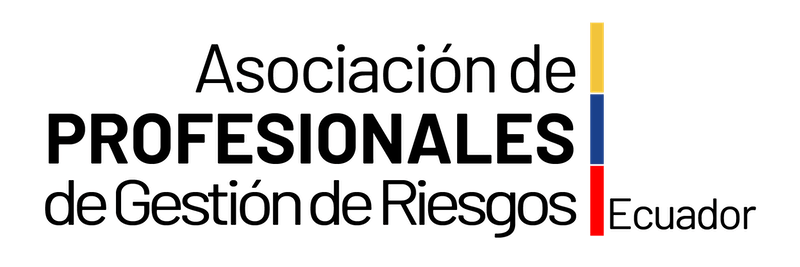
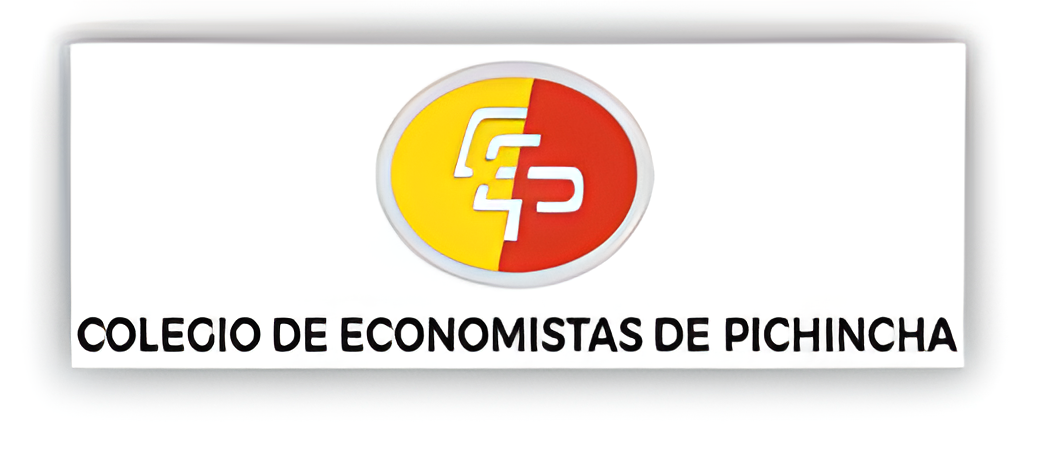

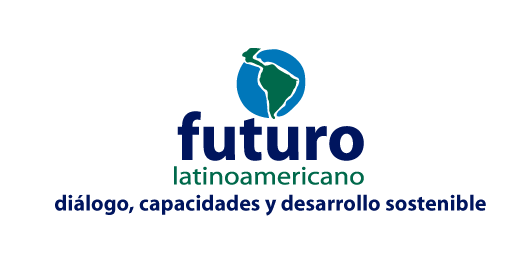



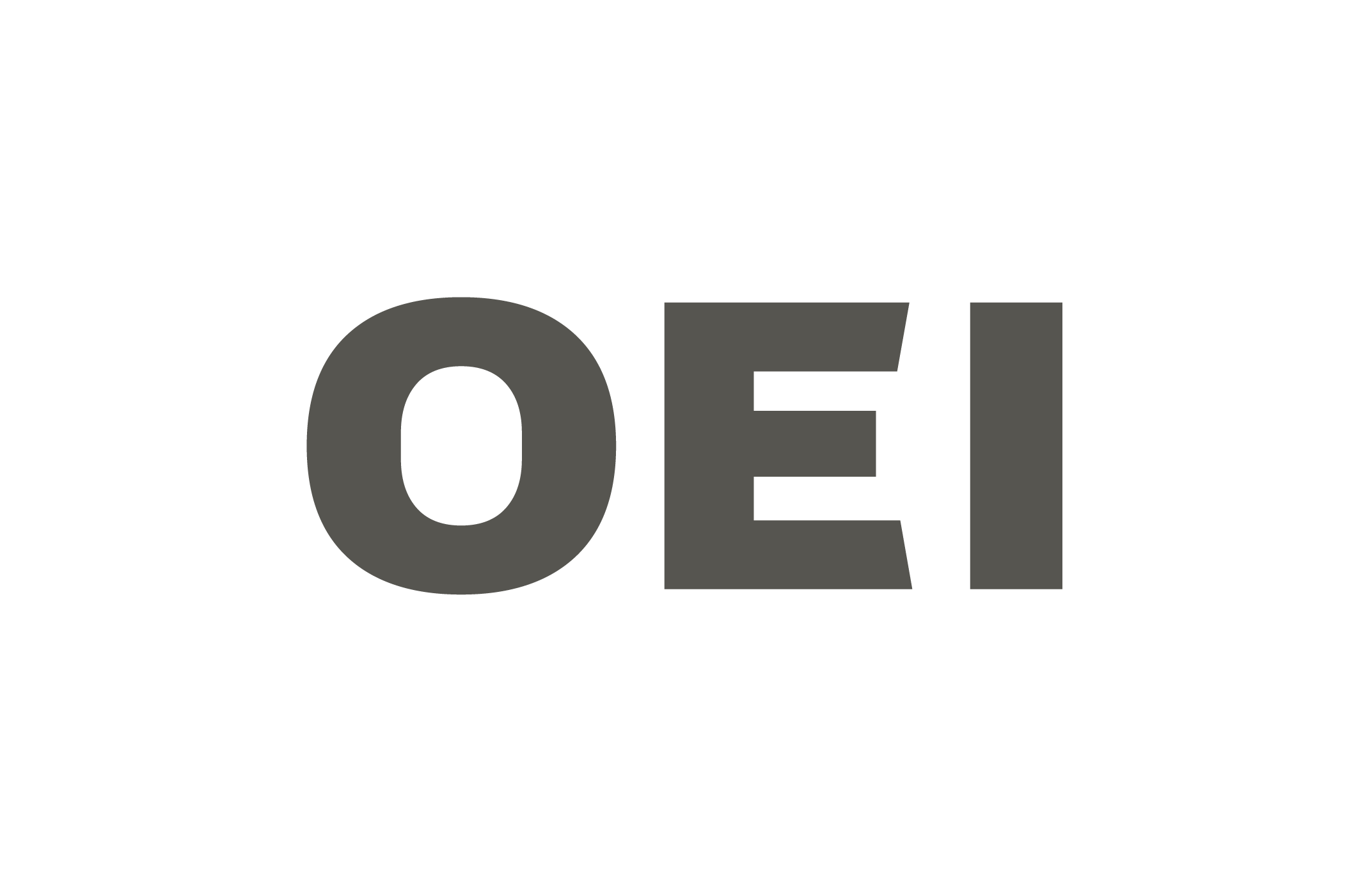
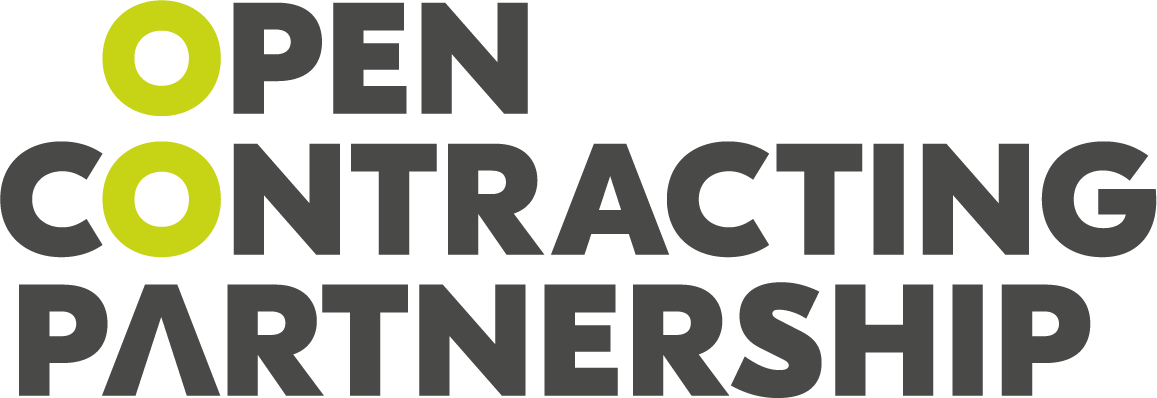
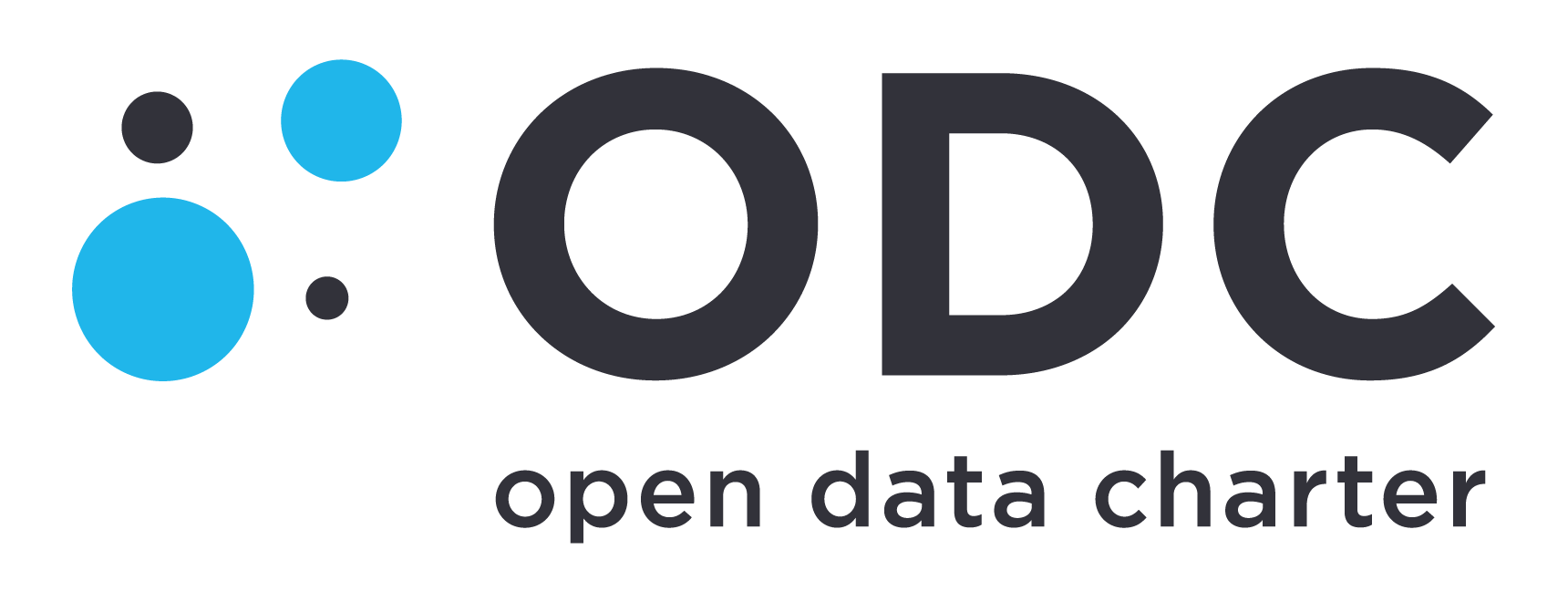

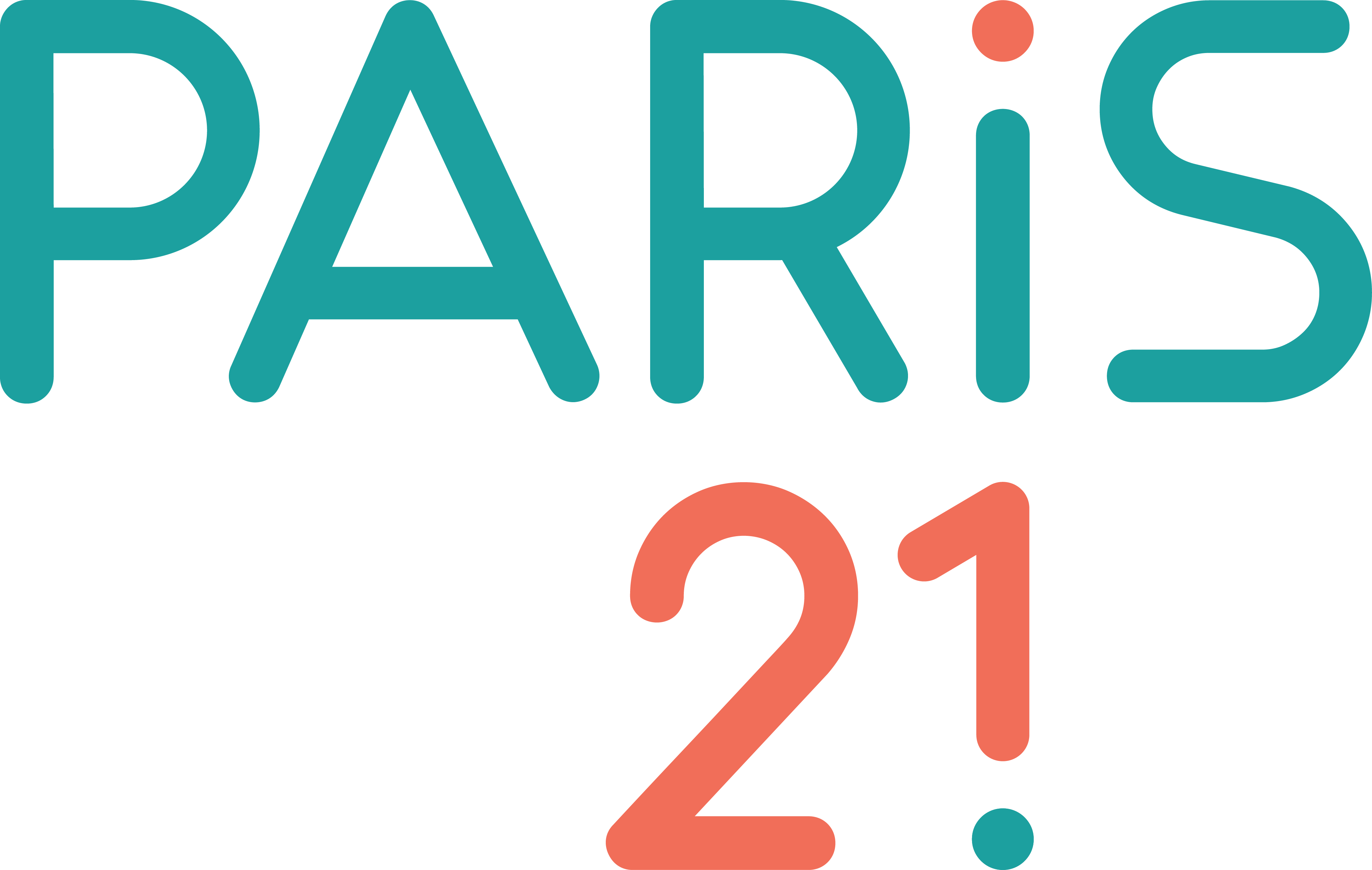


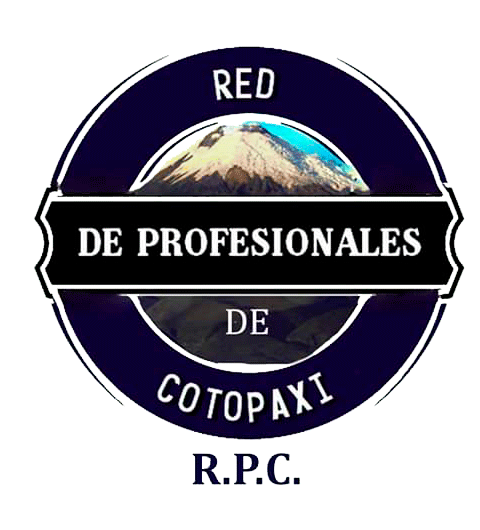
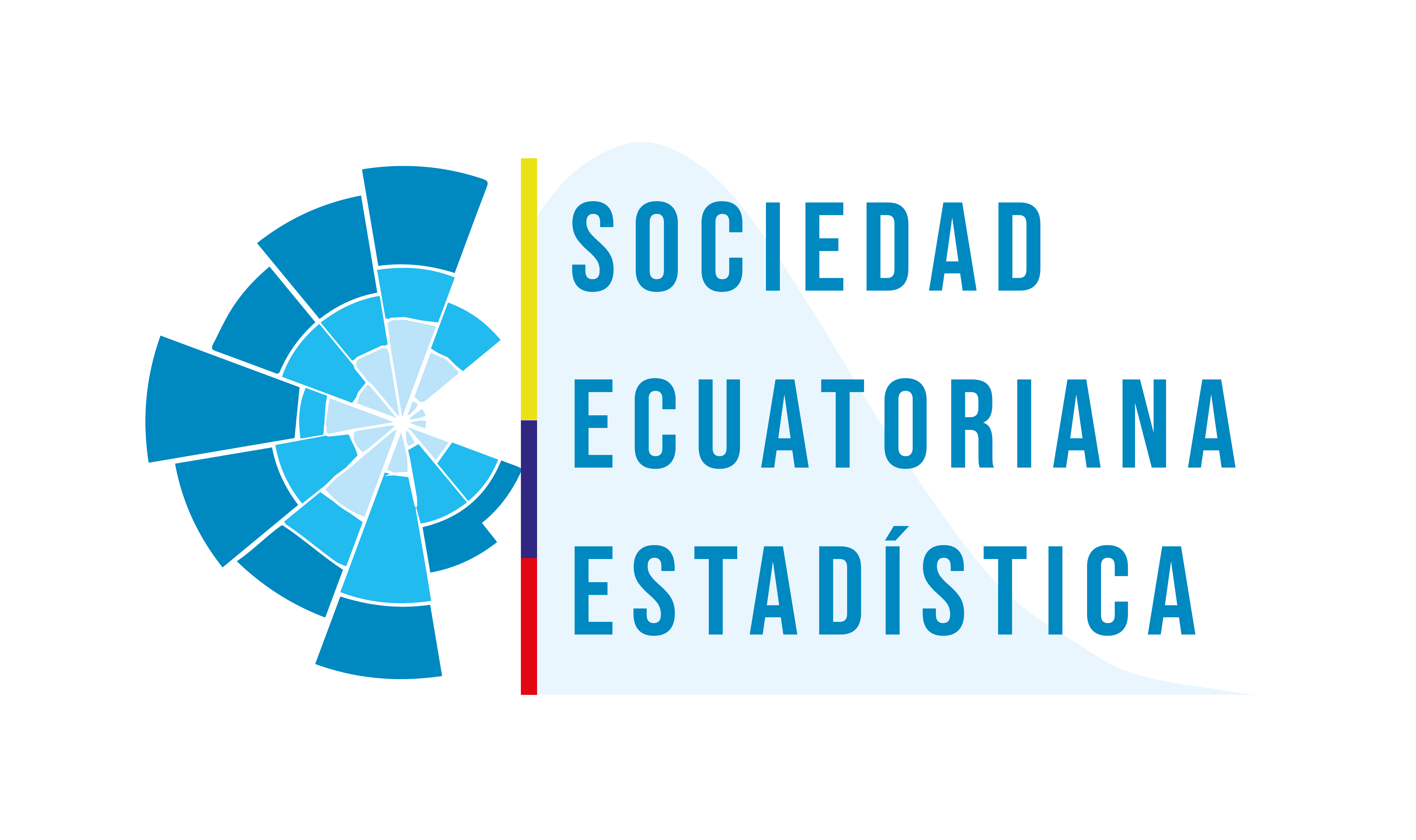
For more information and inquiries about how to be a co-organizer, media partner or about the submission of research articles, contact us at [email protected]
CODAM 2022
La política de Datos Abiertos (Art. 1), busca implementar los datos abiertos en la Función Ejecutiva para:
– Fortalecer la participación ciudadana.
– Obtener transparencia gubernamental.
– Mejorar la eficiencia en la gestión pública.
– Promover la investigación, el emprendimiento y la innovación en la sociedad.
Además, el cumplimiento es obligatorio para todas las entidades que integran la Administración Pública Central.
Proporciona criterios técnicos y metodológicos para planificar, abrir, publicar y promover la utilización de los datos abiertos gubernamentales.
Orienta la apertura y publicación de datos de acuerdo con los principios de apertura establecidos en la Política de Datos Abiertos.
Involucra aliados estratégicos de los diferentes sectores de la sociedad, con criterios de corresponsabilidad en las diferentes etapas del ciclo de vida de los datos abiertos.
La Guía de datos abiertos contempla cuatro etapas:
– Planea: proceso de planificación para establecer un Portafolio institucional de datos abiertos.
– Publica: definición de actividades necesarias para la publicación de los conjuntos de datos en formatos abiertos.
– Promueve: determinación de los medios, recursos, herramientas, esfuerzos a realizar, para promover el conocimiento de los datos abiertos y de los conjuntos de datos publicados, e impulsar su utilización.
– Evalúa: Mide cualitativa y cuantitativamente los resultados de las acciones emprendidas y el cumplimiento versus lo planificado.
Fuente:
Guía de datos abiertos (MINTEL, 2020).
Conoce más en:
Palabras clave:
Datos Abiertos, Principios, Guía de Datos Abiertos, Politica
#MasCercaDeLosDatos #DatosAbiertosEC
Esta web utiliza cookies para que podamos ofrecerte la mejor experiencia de usuario posible. La información de las cookies se almacena en tu navegador y realiza funciones tales como reconocerte cuando vuelves a nuestra web o ayudar a nuestro equipo a comprender qué secciones de la web encuentras más interesantes y útiles.
Las cookies estrictamente necesarias tiene que activarse siempre para que podamos guardar tus preferencias de ajustes de cookies.
Si desactivas esta cookie no podremos guardar tus preferencias. Esto significa que cada vez que visites esta web tendrás que activar o desactivar las cookies de nuevo.
Esta web utiliza Google Analytics para recopilar información anónima tal como el número de visitantes del sitio, o las páginas más populares.
Dejar esta cookie activa nos permite mejorar nuestra web.
¡Por favor, activa primero las cookies estrictamente necesarias para que podamos guardar tus preferencias!